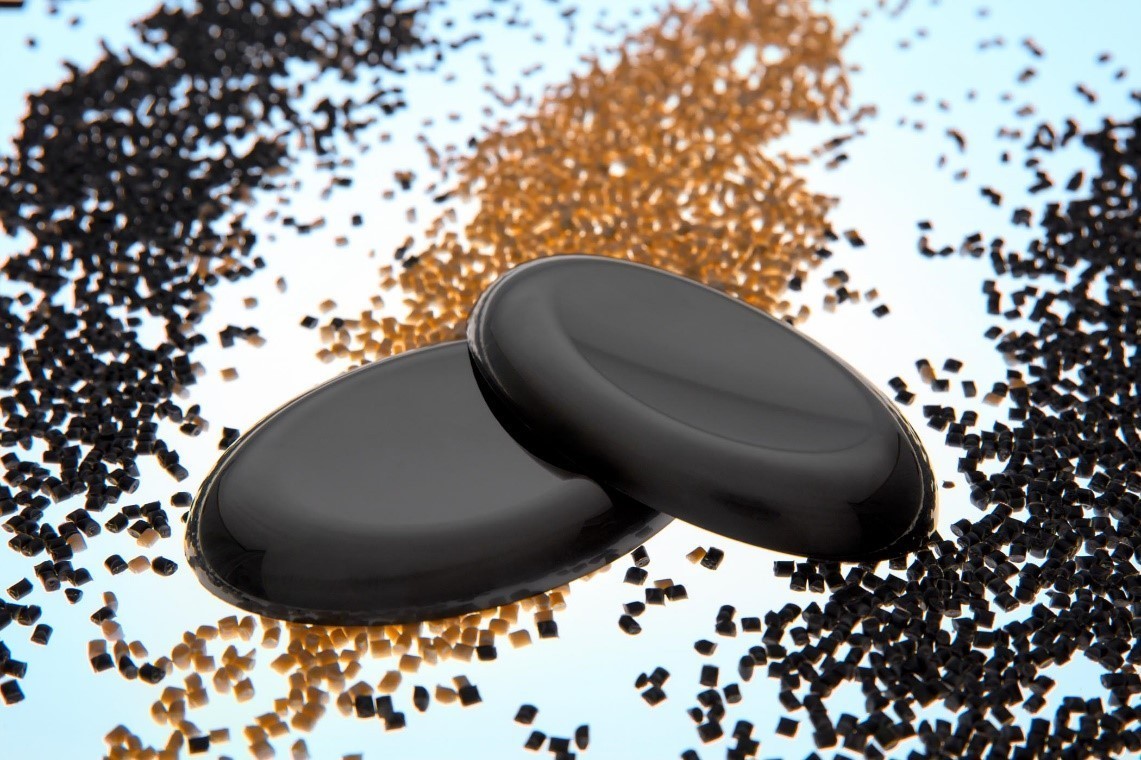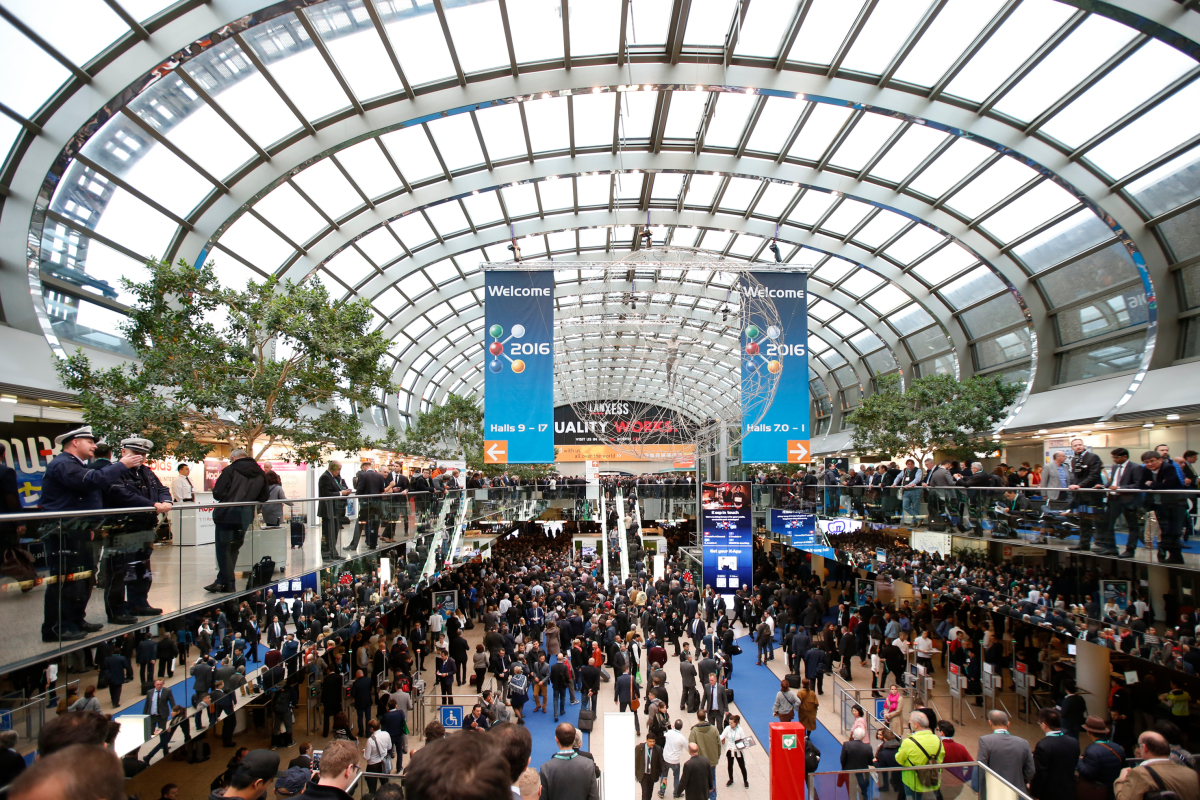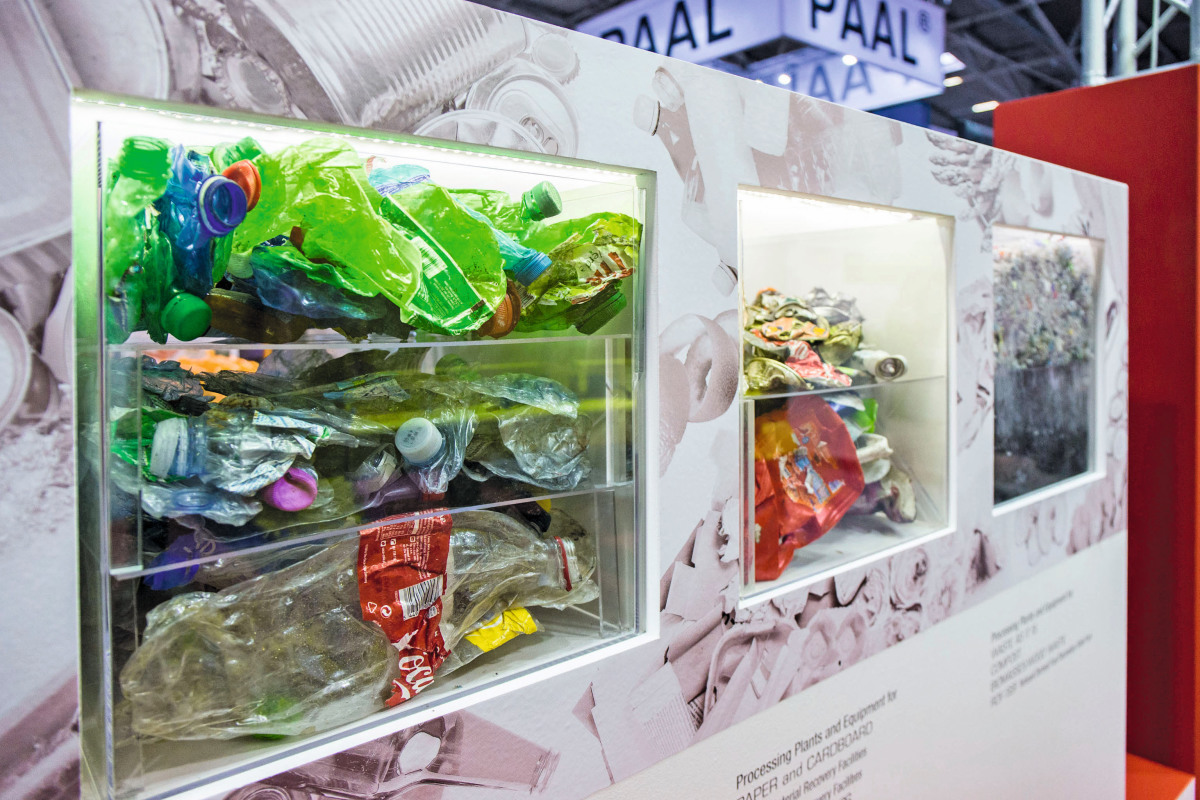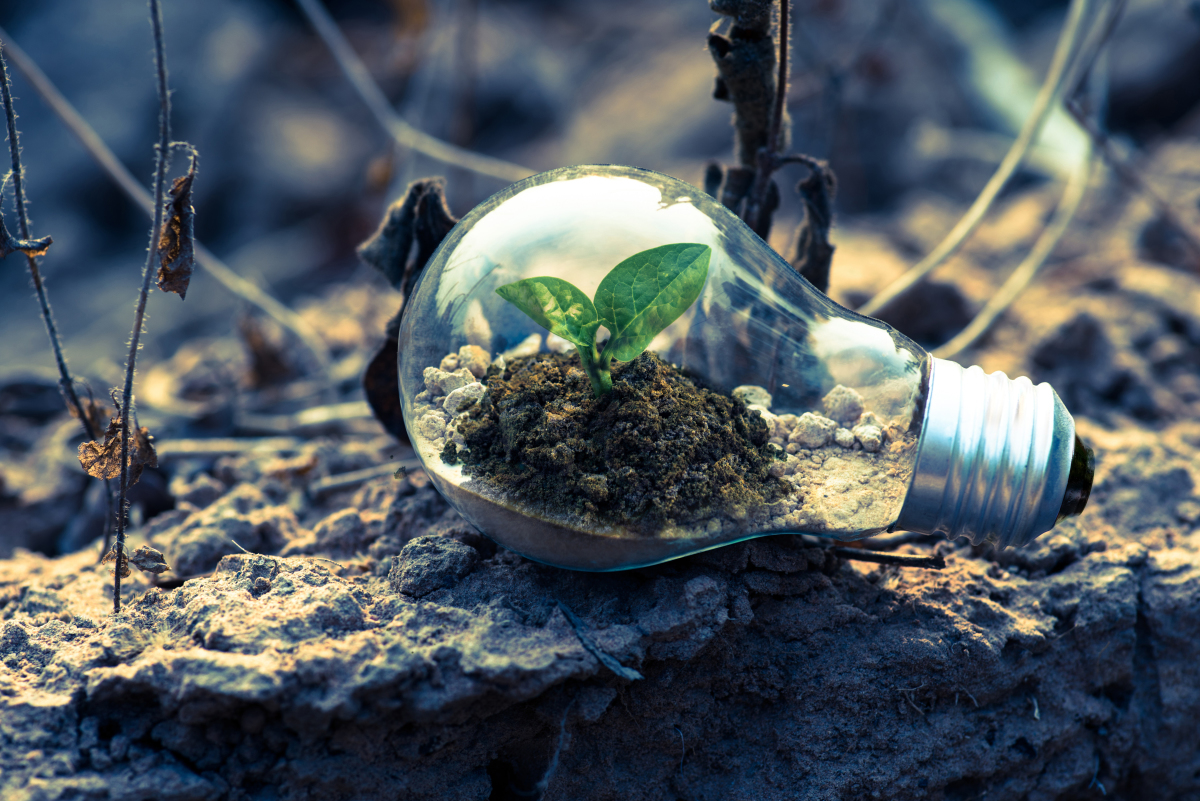European project on increased use of recycled plastics in electronics has started
03.08.2022Increasing the share of recycled plastics in new products is a central aspect of the European Strategy for Plastics, adopted by the European Commission in 2018 as a part of the first Circular Economy Action Plan (2015). One of the main goals of the Strategy is to “ensure that by 2025 10 million tonnes of recycled plastics find their way into new products on the EU market” (European Commission (2018) – A European Strategy for Plastics in a Circular Economy – Annex III (1)), against less than 4 million tonnes in 2016 (European Commission (2019) – Assessment report of the voluntary pledges under Annex III of the European Strategy for Plastics in a Circular Economy).
Background
In 2016, only 5.3 million tonnes of plastics went to EU recycling facilities as input material. After the recycling process, the output mass is generally 1 to 2 times lower. For this reason, the collection rate and the yield have to improve significantly. Also, more collected material needs to reach recycling facilities instead of being incinerated, landfilled or exported. Furthermore, the demand for recycled plastics needs a boost, especially in added value applications such as electrical and electronic equipment (EEE). Currently, the main sectors using recycled plastics are the building and construction sector (46 %), the packaging sector (24 %) and the agriculture sector (13 %). On the other hand, only 2 % of today’s recyclates are used in EEE. This corresponds to around 80 000 tonnes of recycled plastics in new EEE, against an annual theoretical market potential of 2 100 000 tonnes (PlasticsEurope (2019) – The Circular Economy for Plastics – A European Overview (p. 26)) in the EU.
About the project
INCREACE is a project funded by the European Health and Digital Executive Agency (HADEA) of the European Commission under the Horizon Europe Cluster 4 programme.
The project aims at increasing the uptake of recycled plastics in various products through innovative and interdisciplinary solutions along the plastics recycling value chain embedded in a systemic framework with a focus on EEE. By using (in principle) recycled plastics from electrical and electronic waste (WEEE), the INCREACE project will tackle areas where the use of recycled plastics is marginal today. At the heart of the project, there are 5 business cases including challenging applications in the EEE sector (e.g. food contact, medical applications, ESD and UL94 flammability standards, hightech plastic components in EEE. To solve the technical, economic and legal challenges INCREACE brings together key actors from different sectors, such as researchers, recyclers (mechanical, chemical, solvent-based), product designers, material and component manufacturers, OEMs, software developers, an EPR system and consultants. The project will combine technologies and methodologies from different disciplines to show that focused actions along the entire value chain can effectively lead to more post-consumer plastics in added-value products such as electrical and electronic equipment.
Our approach
The project partners will develop new data-driven sorting solutions to prevent potentially hazardous substances to enter the recycled plastics system and combine complementary recycling technologies (mechanical, chemical and solvent based) to increase the overall recycling yield. Traceability is essential; therefore, the project will rely on an innovative blockchain approach. The overall concept will be applied to and validated by the specific business cases.
INCREACE will also analyse implications of systematic changes in the plastic industry from an economic, regulatory, technological and material perspective. The project will furthermore empower people and communities to play their role in the circular plastics transition by engaging them to improve waste plastics collection and to increase the demand for products containing recycled plastics.
The impact of the generated knowledge and results will be scaled up through targeted inputs into standardisation work (e.g. definition of recyclates, traceability and verification methods, quality control, characterisation of suitability for specific applications, etc.), policy making and active and inclusive engagement of all relevant stakeholders as actors of the circular plastic transition. By this means, INCREACE will contribute to the EU Plastics Strategy, the first and second Circular Economy Action Plan and the Green Deal which calls for particular action within resource-intensive sectors such as electronics and plastics (European Commission COM (2019) 640 final – The European Green Deal).
In the next months, we will focus on defining the technical requirements and volumes of plastic waste for the production of recycled products, mapping the stakeholders and value chain for each of the business cases and selecting the correct recycling technologies for each product line. With our interdisciplinary and data-driven approach, we believe we can tackle this challenge and make recyclates the new feedstock for our society.
Partners
· Fraunhofer-Gesellschaft zur Förderung der angewandten Forschung – (Fraunhofer IZM Coordinator)
· Vlaamse instelling voor technologisch onderzoek (VITO)
· Katholieke Universiteit Leuven – KU Leuven
· Pezy Group
· Plastika Skaza
· Vorwerk Elektrowerke GmbH
· Neste Oyj – Beneficiary
· Partners for Innovation
· Mirec
· Cabka Spain Sociedad Limitada
· PAS Deutschland GmbH
· Universiteit Maastricht
· SAP SE
· EGEN
· Philips Electronics Nederland
· Erion Compliance Organization S.c. a r.l.




